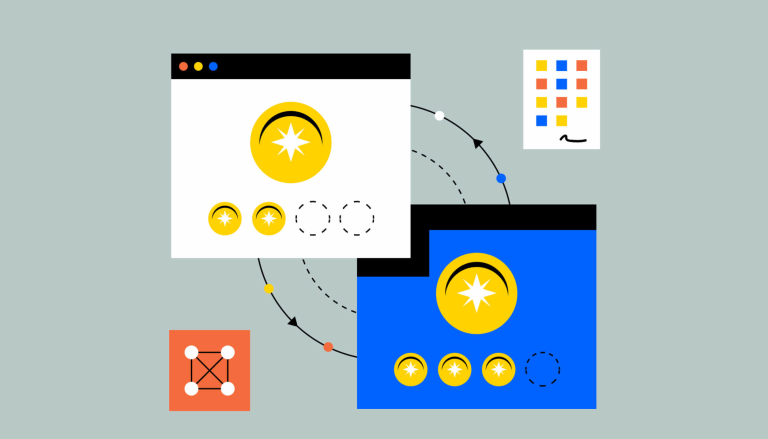What is Delegated Proof of Stake (DPoS)?

DPoS is a consensus mechanism that evolved from Proof of Stake (PoS), intending to enhance the process's democratic nature and efficiency.
In DPoS, network users vote and elect delegates who validate the next block, aiming to make it a democratic process.
Despite its potential benefits, DPoS has been critiqued for possibly favoring the wealthy and requiring constant user engagement.
Understanding Delegated Proof of Stake
Delegated Proof of Stake (DPoS) is a consensus mechanism that evolved from the classic Proof of Stake (PoS) system. It was first conceived by Daniel Larimer in 2013 and utilized in his project BitShares. In DPoS, users of the network vote in delegates, also known as validators, to verify and produce blocks. After they successfully produce a block, these validators may then distribute their block rewards to those who voted for them.
DPoS intends to enhance the efficiency and democratic nature of block verification. It does this by allowing network users to vote and elect delegates who validate the next block. This democratic process is designed to address some of the limitations of the PoS system, such as the potential for centralization of power among those with the most tokens staked.
How Does DPoS Work?
In a DPoS system, network users vote and elect delegates, who are also referred to as 'witnesses' or 'block producers'. Only a certain number of these delegates are permitted, and they can change, as others can be voted in instead.
Users of the network can pool tokens into a staking pool and vote for the particular delegate they wish. When staking, users of the network do not need to send their tokens to a particular wallet; instead, there is a staking mechanism or service provider they can operate through.
Delegates play a crucial role in verifying the accuracy of transactions; and, if they validate the block correctly, they are then compensated with the transaction fees, which can be distributed to the individuals who voted them in. The more that a user is able to stake, the larger the allotment they can receive.
Pros and Cons of DPoS
Like any consensus mechanism, DPoS has its potential benefits and drawbacks. On the positive side, DPoS is designed for speed, scalability, and minimal hardware requirements. It also allows for voting power, which can make the process more democratic.
However, DPoS also has its drawbacks. For one, it can potentially favor malicious token holders. It also requires constant engagement from users, which can be a barrier for some. Lastly, there is a potential lack of decentralization, as the system can favor those with the most tokens staked.
DPoS in Practice
Several projects employ DPoS in their blockchains. These projects have found that DPoS provides a democratic and efficient method for transaction validation and securing their networks.
However, it's crucial to note that each project may implement DPoS differently, depending on their specific needs and goals. As such, the specific workings of DPoS can vary significantly between different blockchains. Despite these variations, the fundamental principle of DPoS remains the same: to provide a democratic and efficient way to reach consensus in a blockchain network.
DPoS vs. Other Consensus Mechanisms
Compared to Proof of Work (PoW) and Proof of Stake (PoS), DPoS is designed to provide a democratic and efficient method for transaction validation. While PoW requires significant computational power and energy consumption, and PoS can potentially favor those with the most tokens staked, DPoS aims to balance efficiency and fairness through its voting and delegation mechanism.
However, like any consensus mechanism, DPoS is not without its challenges. It requires constant user engagement and can potentially favor those with the most tokens staked. Despite these challenges, DPoS remains a popular choice for many blockchain projects due to its potential for efficiency and democratic decision-making.


